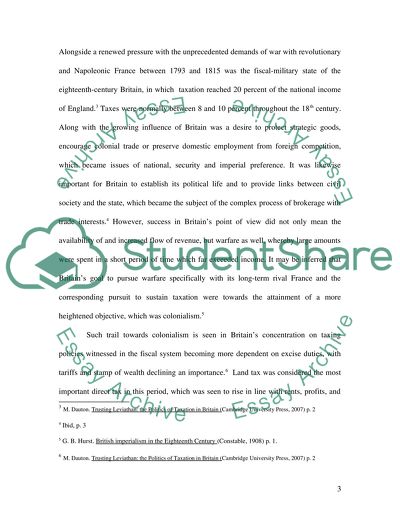Cite this document
(“Overseas Trade, Slavery, War, And Taxation in the 18th Century Britain Essay”, n.d.)
Overseas Trade, Slavery, War, And Taxation in the 18th Century Britain Essay. Retrieved from https://studentshare.org/history/1526166-british-imperialism
Overseas Trade, Slavery, War, And Taxation in the 18th Century Britain Essay. Retrieved from https://studentshare.org/history/1526166-british-imperialism
(Overseas Trade, Slavery, War, And Taxation in the 18th Century Britain Essay)
Overseas Trade, Slavery, War, And Taxation in the 18th Century Britain Essay. https://studentshare.org/history/1526166-british-imperialism.
Overseas Trade, Slavery, War, And Taxation in the 18th Century Britain Essay. https://studentshare.org/history/1526166-british-imperialism.
“Overseas Trade, Slavery, War, And Taxation in the 18th Century Britain Essay”, n.d. https://studentshare.org/history/1526166-british-imperialism.


